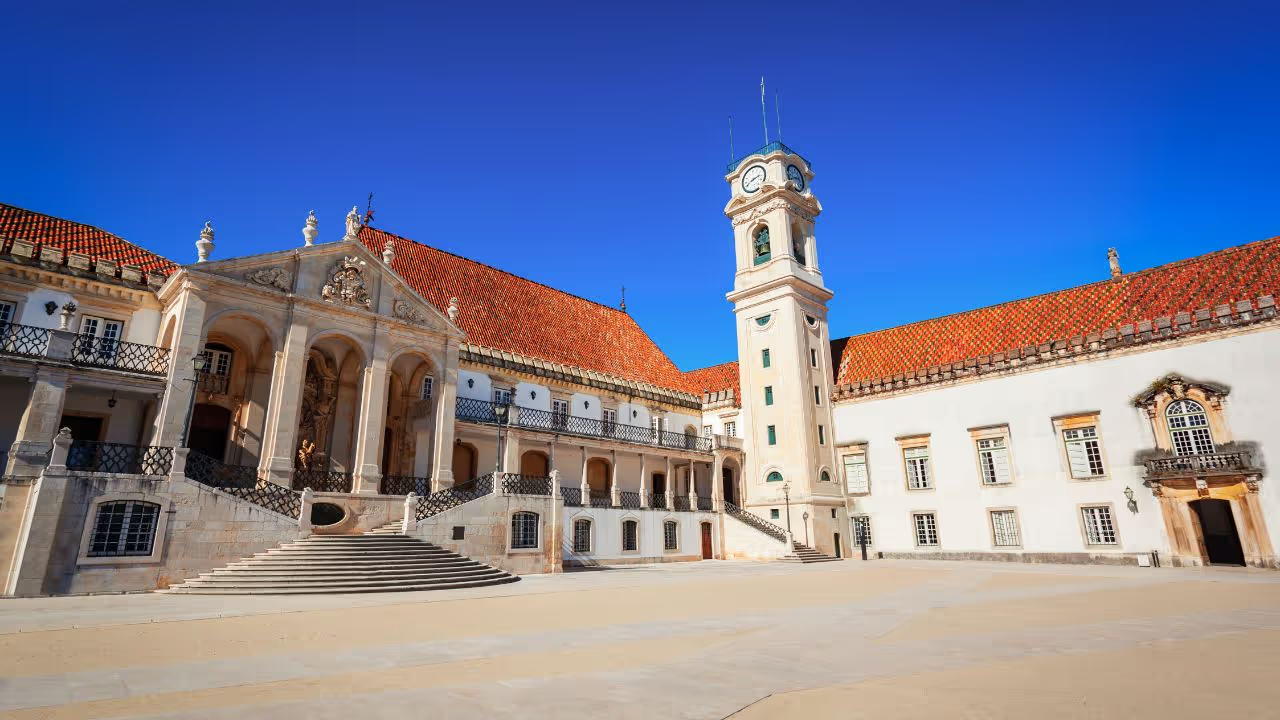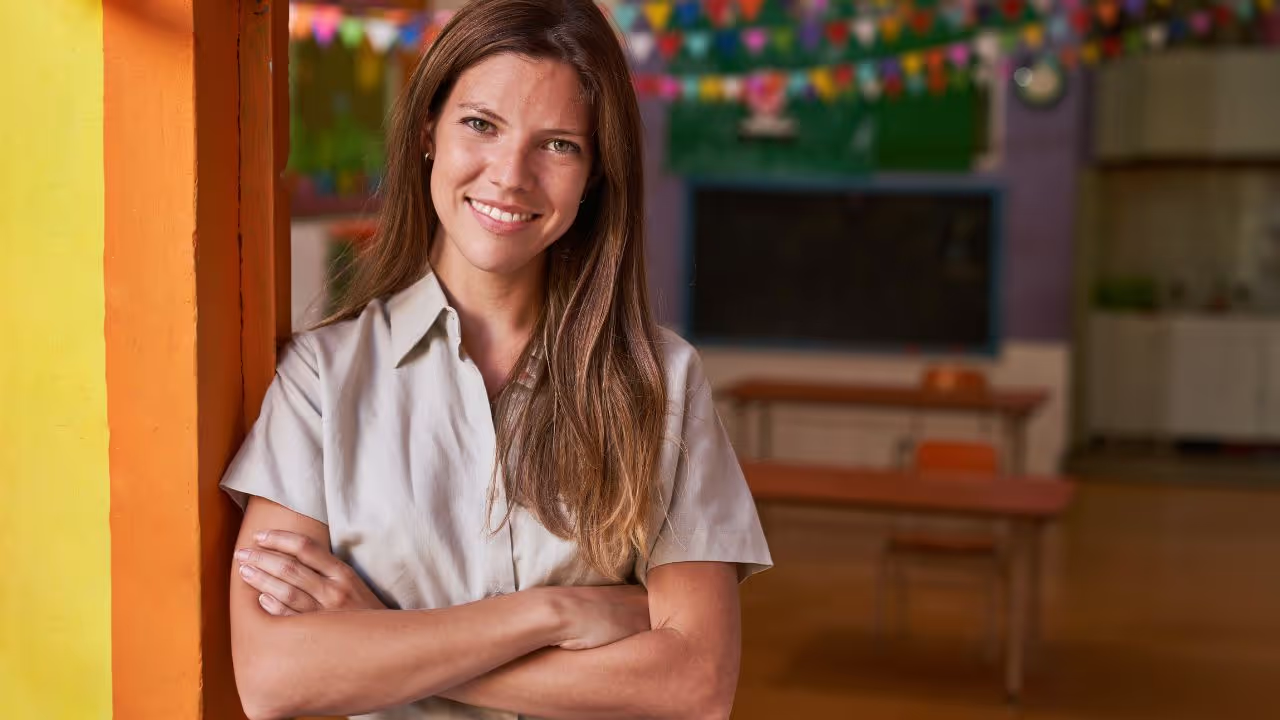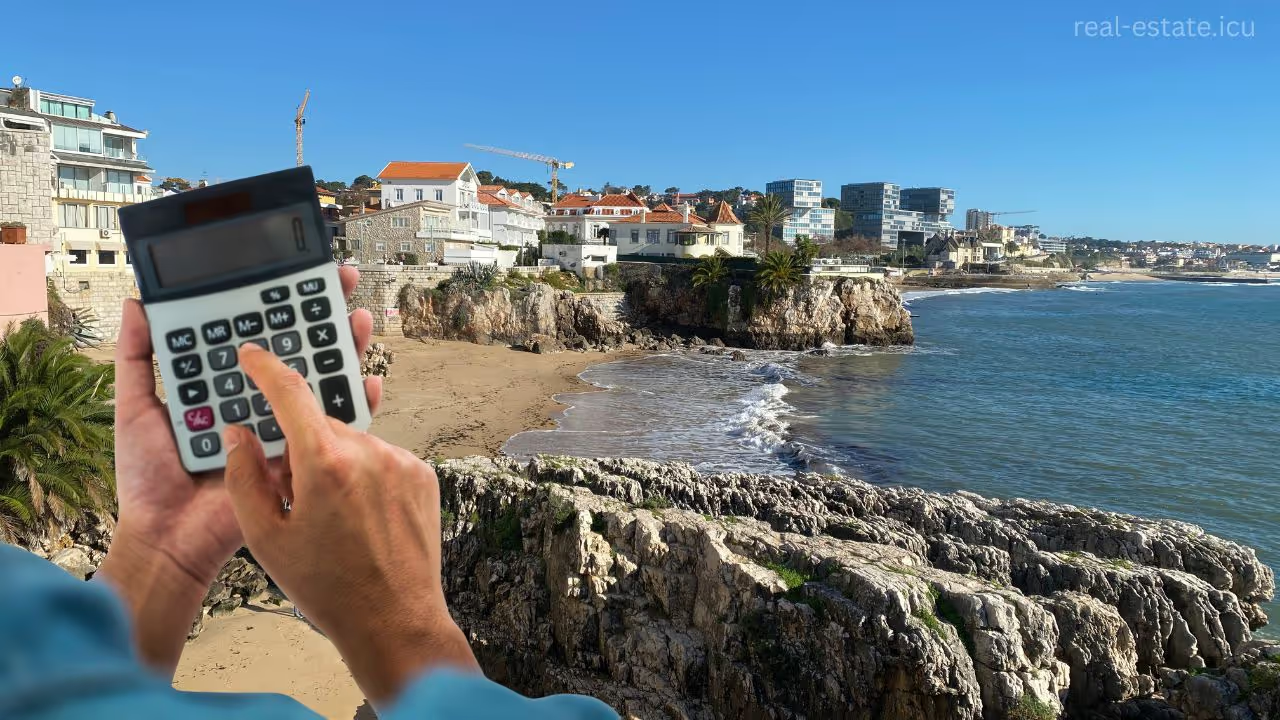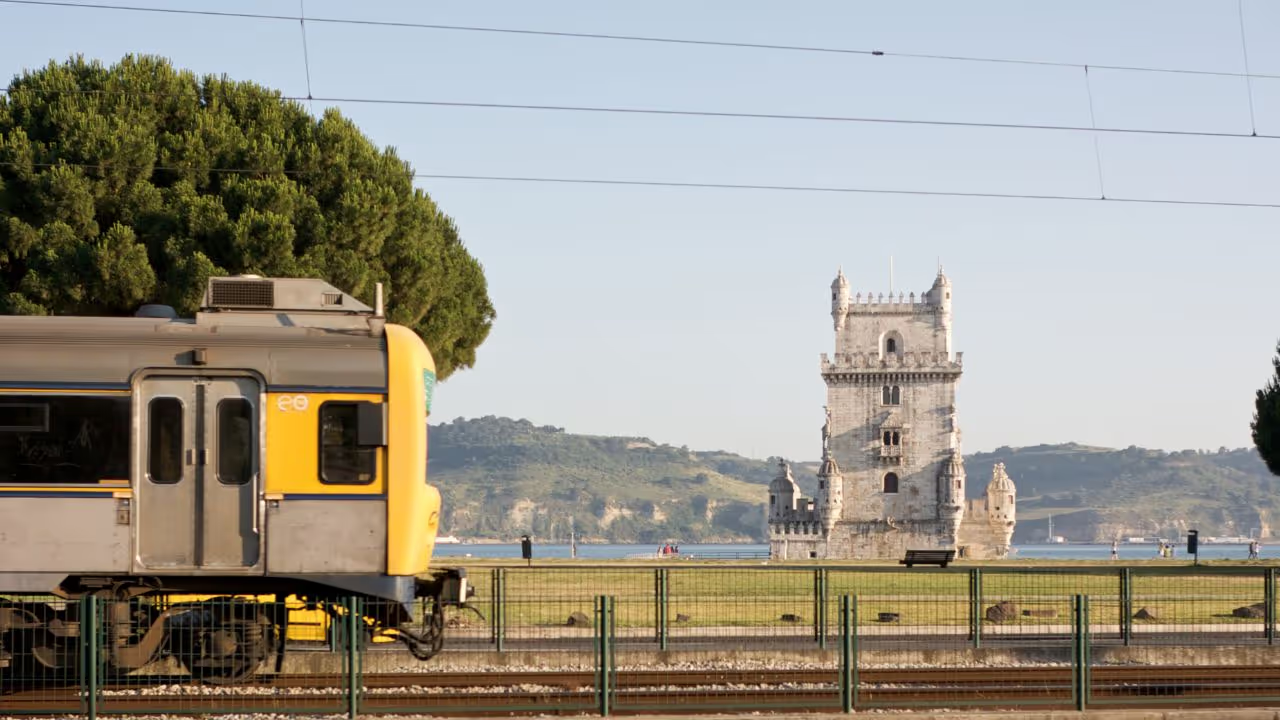Schools in Cascais

Cascais is often chosen by families moving to Portugal or those already living here. The Schools in Cascais scene is broad, with public, private national, and international schools, plus early-years options. Below you’ll find five sections of about 300–500 words each, written in a natural style with varied sentence lengths. There are relevant internal links to our site, some useful outbound links, and a few small colloquial slips to keep it human. At the end, there’s an FAQ for “Schools in Cascais.”
1. Overview of Education Options in Cascais
Cascais has a reputation among families for decent safety, decent services, and a mild climate. When it comes to education, you can pick between public Portuguese schools, private national schools, or international ones. Each path brings pros and cons.
Public schools in Portugal are free for residents with the right paperwork. They follow the national curriculum set by the Ministry of Education, covering Portuguese, maths, sciences, history, geography, plus languages like English and sometimes French or Spanish. Many have been updating facilities and adding more STEM labs or art spaces. For families planning a longer stay and keen on local immersion, public schools can work well. But bear in mind you usually need proof of residence to register. If you come from abroad, you may need translated school records or equivalency certificates. More details on timing and requirements are at our Schools information page.
Private Portuguese schools often have smaller classes and might offer a bilingual track or extra English. Some are linked to a religious ethos, others focus on a specific educational philosophy. Fees vary widely, so checking budgets against the cost of living is wise. These schools can include extracurriculars like music, sport or volunteer projects. If Portuguese isn’t your child’s first language, look into language support options.
International schools in Cascais and nearby areas offer British, American, or IB curricula. They attract expats and locals wanting continuity with other systems. Places fill early, so apply well ahead. Good external references include the International Baccalaureate Organisation or the Cambridge Assessment International Education for curriculum details. In later sections we list the main options around Cascais.
In general, think about language goals, length of stay, budget, and how involved you want to be in local integration. There’s no one-size-fits-all. Visiting schools, talking to other parents (online forums or expat groups), and plotting home-to-school commute will help. If you’re also searching for a home, see our Buy to Relocate services for practical pointers on neighbourhoods.

2. Public and National Private Schools
Public Schools
Public schools in Cascais and nearby municipalities serve basic to secondary levels. The curriculum is national: Portuguese language, mathematics, sciences, history, geography, plus foreign languages (English is standard, sometimes a second foreign language at higher grades). Facilities often include computer labs, libraries, gyms or sports fields. Many schools run ATL programmes (Atividades de Tempos Livres) before or after classes, offering clubs in sports, arts or STEM. For families wanting full immersion and staying longer term, public is a solid choice. A few schools provide welcome support for non-Portuguese speakers, but it can be a bit of a challenge at first. Check the process on the Schools page.
Key points:
- Free tuition but need proof of residence.
- May require translated school records.
- Some schools have language integration programmes.
- Activities before/after school vary by location.
- Transport: public buses or parent-driven; few have school buses.
Private National Schools
These schools may use Portuguese as main language or a bilingual model. They often have smaller class sizes and extra resources (labs, arts studios, music rooms). Many ask for entrance assessments in Portuguese, so if your child doesn’t speak it yet, check if there’s an induction period. Fees can be moderate to high; ask schools directly for fee tables. They tend to offer extra activities: sports teams, music classes, volunteer clubs. Look at areas such as Birre or Estoril if you want to live nearby. If you need help figuring housing close to a given school, our Buy to Relocate advice can save time.
Checklist before choosing:
- Required documents: residence proof, prior transcripts (with translations).
- Fees: registration, annual tuition, materials, extracurriculars.
- Language support: is there help for beginners in Portuguese?
- Transport: is there a school bus or will you drive?
- Culture: visit and feel the vibe—some are more traditional, others more project-based.
3. International Schools Around Cascais
International schools often follow British, American or IB programmes. They suit expat families or locals seeking global continuity. Main options include:
- St. Julian’s School (Carcavelos): British curriculum plus IB, ages 3–18. Long waiting lists are common. Contact admissions early. The school is multicultural, so kids meet peers from many countries.
- TASIS Portugal (Beloura): American-style curriculum with an emphasis on liberal arts and global citizenship, ages 3–18. Located near popular residential zones—good if you want house and school close.
- St. Dominic’s International School (São Domingos de Rana): Full IB programme, ages 3–18, multicultural environment. Good for families wanting a cohesive IB path.
- International Preparatory School (IPS Cascais): British curriculum for ages 3–11. Small classes, friendly setting. Check future plans if you need secondary years.
- PaRK International School: Campuses in Alfragide and Cascais, bilingual Portuguese-English, modern facilities and progressive methods.
- King’s College School Cascais: Cambridge-based early years and primary, with plans for IB in later years. Newer campus, check timelines.

When choosing:
- Curriculum: Decide if you want British IGCSE/A-level, American High School Diploma/AP, or IB.
- Language support: If your child needs to improve English or Portuguese.
- Location and commute: Traffic in peak hours; some schools provide bus routes.
- School culture: Look at extracurricular offerings—sports, arts, community service.
- Costs and availability: Tuition can range widely (€8,000–€20,000+ per year). Ask about any extra fees.
For general cost context, see Cost of Living. For official curriculum details, check the IBO site or Cambridge International. Also look at parent reviews in forums or websites like John Catt’s School Search. Visits and open days are key—ideally schedule well in advance.
4. Preschool and Early-Years Care
Families with little kids need to plan ahead. Options include public creches/nurseries, private daycares, Montessori or other methods, and bilingual settings.
Creches and Nurseries (0–3 years)
Public creches can be cheaper for residents but often have waiting lists. Private nurseries vary: some follow Montessori or Reggio Emilia ideas, others offer play-based or bilingual programmes. Consider:
- Hours: full day or half day, and ATL extension if you work longer hours.
- Staff quality: check qualifications, adult-to-child ratio, turnover.
- Facilities: safe play areas, outdoor space, sensory materials.
- Cost: monthly fees plus meals and extras.
- Location: near home or work; some offer shuttle or carpool arrangements.
Pre-Schools / Kindergartens (3–5 years)
At 3–5 years, kids often attend “jardim de infância” that readies them for 1st grade. Some follow the national framework, others offer bilingual or alternative approaches (Montessori bilingual, Waldorf-influenced). They may require an assessment or adaptation phase. When visiting:
- Notice if classrooms feel lively, materials are age-appropriate, and staff can speak basic English if needed.
- Ask about transition to primary: is there a link if child moves to a public school?
- Check if meals are included or extra.
- See the mix of local and expat children; sometimes a bilingual setting eases language learning.

Practical Tips
- Apply early: many smaller nurseries fill up a year ahead.
- Ask other parents: online parent groups, expat communities in Cascais often share tips.
- Transport: some nurseries offer minibus or coordinate drop-offs among nearby families.
- Informal options: babysitting co-ops exist, but ensure they comply with regulations.
- Link with ATL: public primary schools often have before/after programmes, useful when child moves up.
For health checks and registration, refer to Healthcare services. Vaccination records and medical registration may be required for nurseries or schools.
5. Location, Commute, and Enrollment Process
Choosing Where to Live Based on School
When house-hunting, factor in commute to school. Popular family-friendly areas include Birre, Estoril, Alcabideche, Cascais Central, Guia or Quinta da Marinha. Each has its own feel:
- Birre: larger homes, quieter, some schools nearby.
- Estoril: more urban, good transport links.
- Cascais Central: close to beach and centre, but traffic can rise in summer.
- Quinta da Marinha / Guia: green spaces, often pricier. Check our neighborhood guides for details, and if you need help, see Contact us for advice on aligning home choice with school needs.
Commute
Parents often drive or use school buses. Peak-hour traffic matters: test routes at relevant times. Public transport includes trains to Lisbon and local/regional buses. Some international schools run bus services on set routes; if not, carpooling with other families can help. Consider distance, road conditions, and backup plans (e.g., if car issues arise).
Enrollment Steps
- Research & Visits: Contact schools via their official sites; arrange open days or private tours.
- Documents: Usually need birth certificate, proof of residence, past school records (translated if international), vaccination card (especially for early years).
- Assessments/Interviews: Some schools test language or basic skills, especially beyond primary. For very young kids, they may observe play sessions.
- Deadlines: International schools often start applications a year ahead; public schools follow local calendar.
- Fees: Prepare for application fees, registration, deposits, and annual or monthly tuition. Ask for a breakdown.
- Confirmation: Once accepted, confirm payment schedules and start dates.
For personalised support, our team can connect you with relocation consultants or school advisors—see Buy to Relocate services for logistical help (finding a house near school, understanding local routines).

Extra Considerations
- Extra costs: uniforms, materials, lunches, transport, after-school activities.
- Social integration: new students may benefit from expat or local parent groups—look for communities in Cascais.
- Health: register a paediatrician/dentist; check insurance if private care is needed.
- After-school activities: many schools and local clubs offer sports, music lessons, language classes—good for socialising and skill-building.
Frequently Asked Questions (FAQs)
1. What international curricula are available in Cascais? Typically British (Cambridge/IGCSE/A-level), American (High School Diploma/AP) and International Baccalaureate (IB). Some schools start British then move to IB later.
2. How do I enroll in a public school when arriving from another country? You need proof of residence in Portugal, translated previous school records, and possibly an assessment for level placement. It’s free, but the admin process can take several weeks.
3. Do international schools accept children who don’t speak English? Many offer English as Additional Language programmes. They evaluate individually. Best to contact admissions early to check support options.
4. Are public creches hard to enter in Cascais? Demand is high. Apply early, often before birth or in first months. Private nurseries can be more flexible but cost more.
5. What’s the average cost for an international school in Cascais? Costs vary a lot: roughly €8,000 to over €20,000 per year, depending on grade, facilities, and reputation. Plus registration fees and extras.
6. Which neighbourhoods suit families with school-age kids? Areas like Birre, Estoril, Cascais Central and Alcabideche are popular. Proximity to schools, transport and shops matters; weigh budget and lifestyle.
7. Where to find more info on living costs and services in Cascais? Visit sections like Cost of Living and Healthcare & Services to plan your move.
 Living
Living  Living
Living  Living
Living